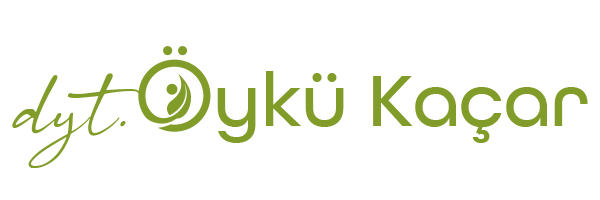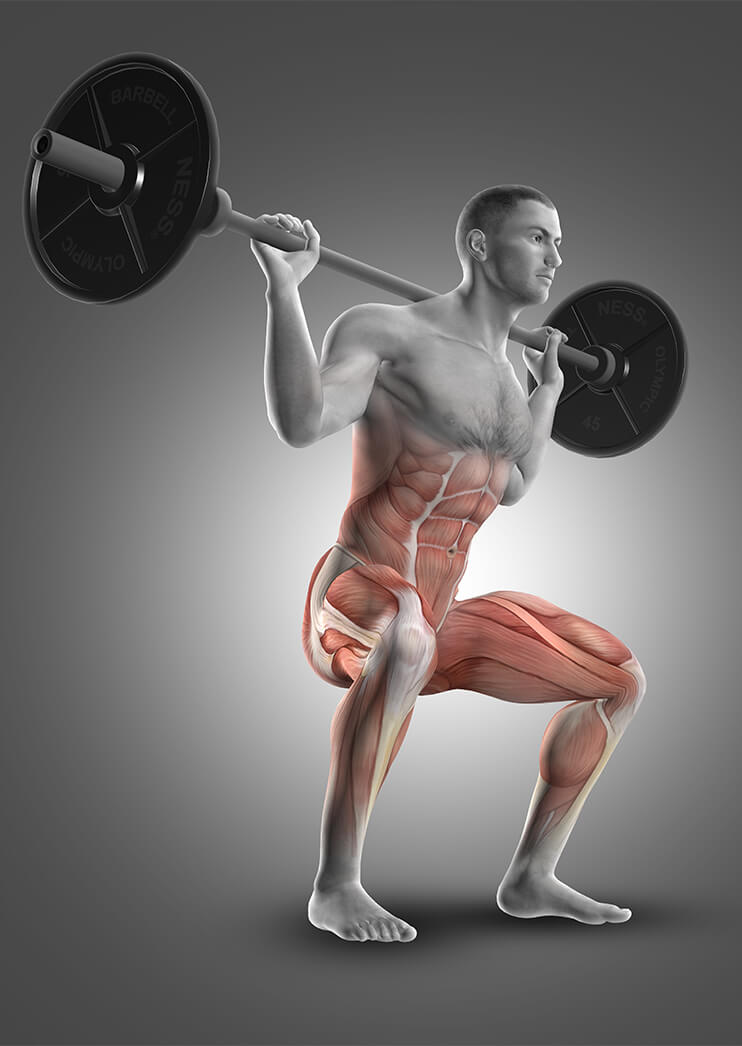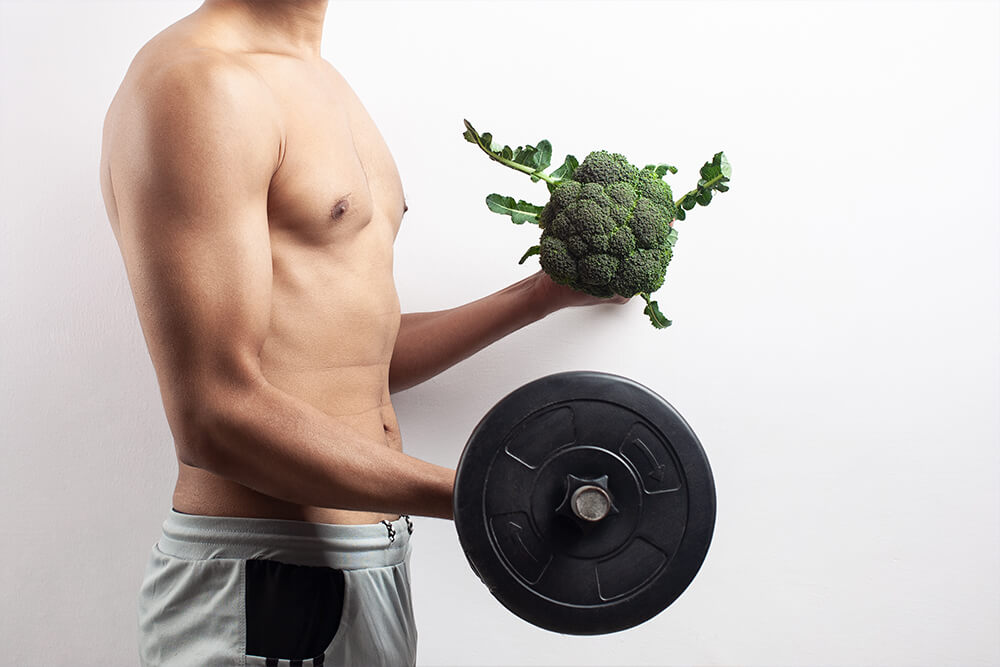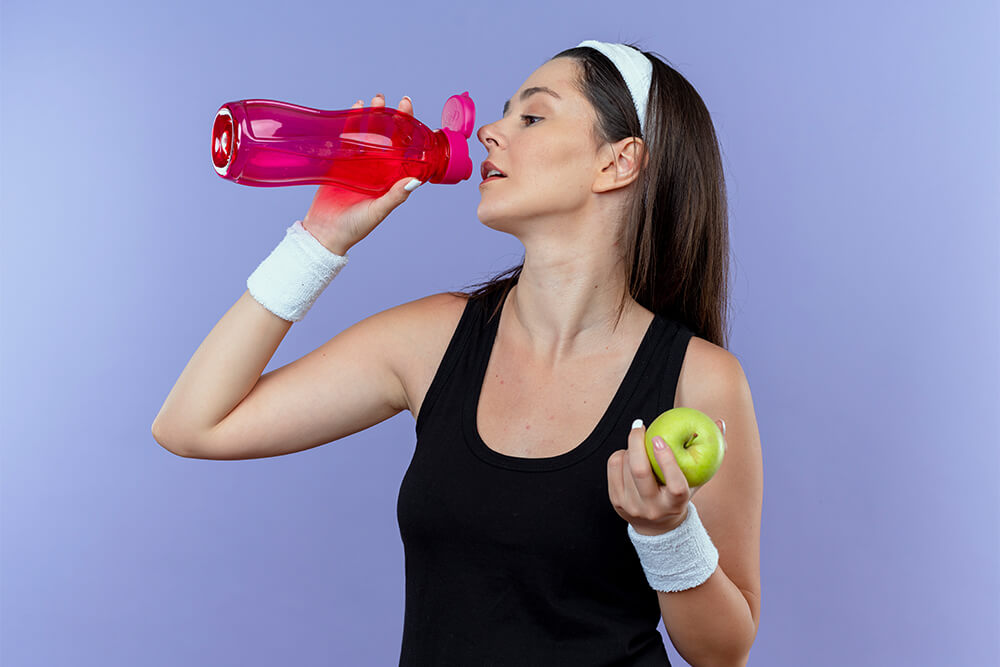



Sports nutrition is a specialized dietary program designed to enhance performance, support muscle growth, and maintain overall health. This program is personalized based on the athlete's age, gender, type of sport, and training intensity. Proper nutrition optimizes energy levels, reduces the risk of injuries, and promotes faster recovery.
A sports nutrition program is a personalized dietary plan designed to enhance an athlete's performance, support muscle growth, and improve overall health. In addition to boosting performance, these plans aim to accelerate post-workout recovery and minimize the risk of injuries. They focus not only on macronutrient balance but also on optimizing vitamin, mineral, and fluid intake to strengthen overall health. Sports nutrition programs ensure the daily energy needs are met, keeping the body energized with properly timed meals. Furthermore, these plans are tailored based on individual metabolic rates and specific goals (muscle gain, fat loss, endurance improvement) using scientific principles. This approach helps athletes enhance not only their physical performance but also their mental resilience.
Sports nutrition plays a vital role in providing energy, enhancing performance, supporting muscle growth, and speeding up recovery.
Athletes’ energy needs vary depending on their sport and training intensity. An energy deficit can lead to performance loss, while excess energy may result in weight gain.
The right macronutrient ratios meet athletes’ needs.
Insufficient fluid intake can significantly reduce performance.
Intense training may lead to micronutrient deficiencies.
Plant-based proteins (e.g., lentils, quinoa, chickpeas), B12 supplements, and omega-3 sources support performance in vegan/vegetarian diets. A dietitian’s guidance is essential to avoid deficiencies.
Carbohydrate and Protein Combination:
The first 30 minutes post-workout is considered the "golden window" for muscle repair and glycogen replenishment.
Role of Antioxidants:
Antioxidant-rich foods reduce oxidative stress and help muscles recover faster.
Electrolyte and Fluid Balance:
Replenishing fluids and electrolytes lost through sweat speeds up recovery.
Glutamine and Creatine Supplements:
Natural Remedies: Cherry and Ginger:
Dietitians design nutrition plans based on scientific data, ensuring athletes achieve their goals efficiently.
Advantages of Working with a Dietitian:
How is it Created?
Benefits:
Online diet programs allow athletes to overcome time and location barriers while receiving dietitian support.
Advantages:
1. What is the most important meal for athletes?
Pre- and post-workout meals are critical. Pre-workout meals provide energy, while post-workout meals focus on muscle repair with protein-rich foods.
2. Which is more important for athletes: carbohydrates or protein?
Both are essential. Carbohydrates supply energy, while proteins repair and build muscles. A balanced ratio is key.
3. How should water consumption be regulated?
Athletes should drink water regularly during exercise to compensate for fluid loss. The average daily need ranges from 2-3 liters, depending on activity levels.
4. Is online dieting effective for sports nutrition?
Yes. Remote assessments and personalized plans make online dieting an effective method for meeting athletes' needs.
5. Can vegan and vegetarian diets work for athletes?
Absolutely. When properly planned with plant-based proteins, B12 supplements, and omega-3 sources, these diets support athletic performance.
6. Can athletes follow a diet?
Yes, athletes can follow a diet tailored to meet their energy and nutritional needs. A well-designed diet enhances performance, supports muscle growth, and promotes recovery.
Conclusion:
Sports nutrition is vital for enhancing athletic performance and maintaining health. Working with a dietitian ensures tailored plans that consider individual differences, delivering more effective results. Online diets offer added flexibility for modern athletes. Remember, proper nutrition is the foundation of success!
